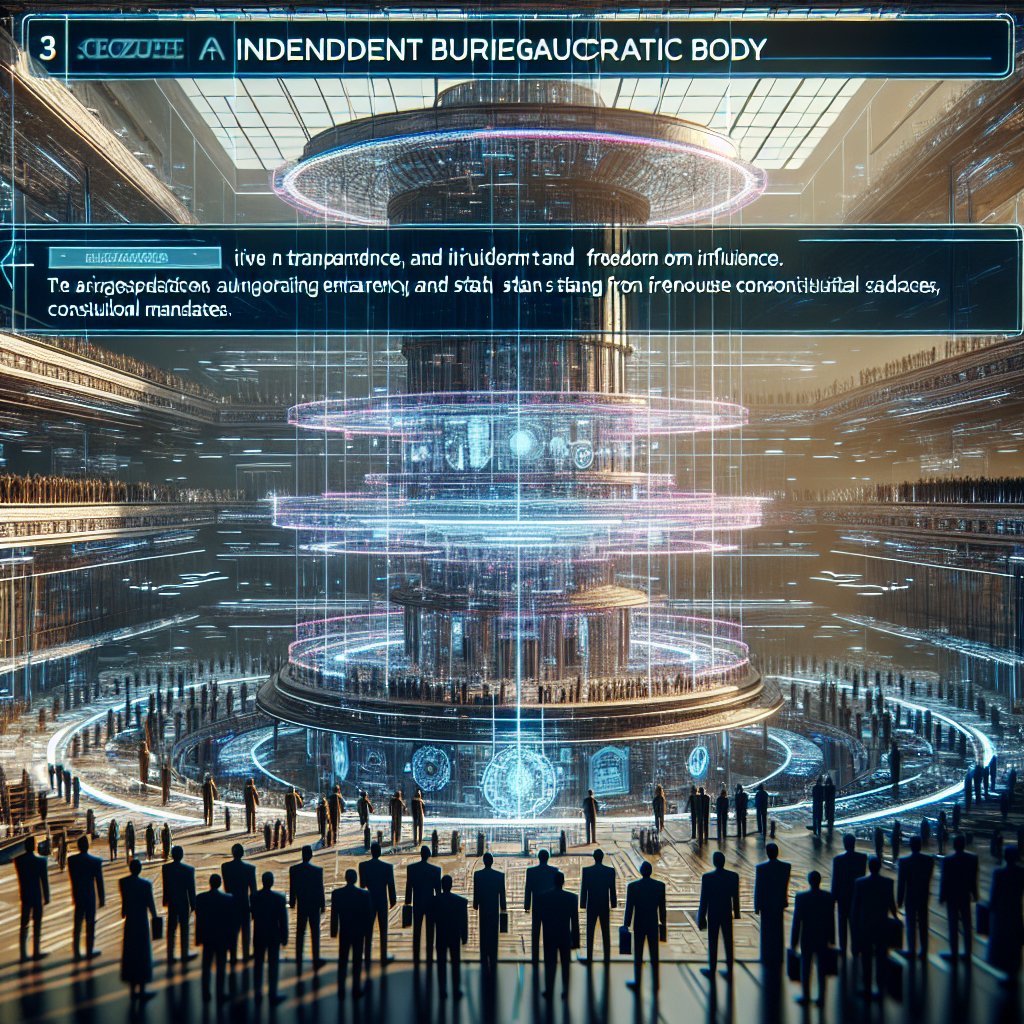Image created by AI
DA Challenges IPID Amendment Bill, Seeks Greater Executive Director Independence
The Democratic Alliance (DA) is maintaining a rigorous stance on the issue of police oversight in South Africa, particularly concerning the independence of the Executive Director of the Independent Police Investigative Directorate (IPID). Following President Cyril Ramaphosa's approval of the IPID Amendment Bill, the DA reasserts its commitment to fortify the role's autonomy, a promise echoed throughout the party's agenda.
Introduced by the former Police Minister Bheki Cele, the IPID Amendment Bill was crafted to align the existing legislation with constitutional mandates. A significant impulse for this legal reform came from the Constitutional Court's ruling in the landmark McBride v Minister of Police case, which underscored the necessity for the independence of IPID's Executive Director.
However, the DA has been vocally resistant to the Bill from the onset, raising strong objections on both procedural grounds and concerning constitutional compliance. A crucial contention is the Bill's alleged failure to establish comprehensive parliamentary oversight and an autonomous appointment process for the Executive Director. This gap, as per the DA's argument, runs counter to the Constitutional Court's instructions for fostering an unfettered operational environment for the IPID head, one free of undue influence.
Regrettably, in the DA's estimation, the President's amendments leave much to be desired, merely preserving the current framework. It gives leeway for the Minister to form an internal committee tasked with interviewing and shortlisting candidates—a procedure markedly lacking explicit mandates to ensure the selection panel's expertise in law enforcement and political impartiality. Candidates presented to the Portfolio Committee on Police are therefore first touched by the Minister's influence, a point of contention for the DA.
Previously, the DA had suggested a more independent approach: an expert panel chaired by a retired judge responsible for candidate interviews and shortlisting, ultimately providing the Minister with a recommendation—a model designed to uphold independence and expertise in law enforcement.
Looking ahead, the DA remains undeterred in advocating for an IPID—and its Executive Director—that embodies absolute independence. This objective embeds itself in the DA's broader legislative efforts to revamp law enforcement and shore up the autonomy of key statutory bodies. Working alongside the new Police Minister, Senzo Mchunu, the DA aims to correct what they deem the "damaging legacy" of the past leadership and pave the way for a revitalized, capable South African Police Service (SAPS).










